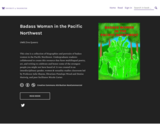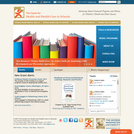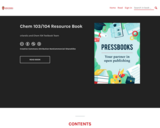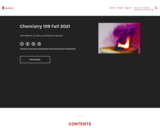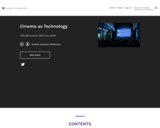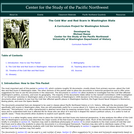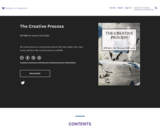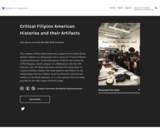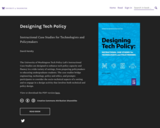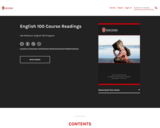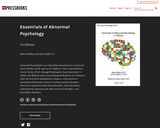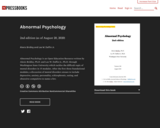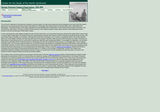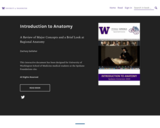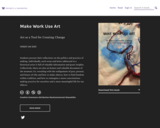Art as a Tool for Creating Change
Short Description:
Students present their reflections on the politics and practice of making. Individually, each essay and letter addressed to a historical artist is full of valuable information and great insights. Collectively, these are also an honest and valuable document of the moment: Us, wrestling with the realignment of past, present, and future of why and how to make objects, how to find freedom within tradition, and how to reimagine a more conscientious making practice for ourselves and a more meaningful life for our objects.
Long Description:
Twenty students from a wide variety of majors, including the sciences, humanities, health and medicine, as well as engineering, architecture, and design comprised our vibrant and engaged learning community. We started the quarter by imaginary visits to two important art schools, the German Bauhaus (1919-1933) and the Black Mountain College, located near Asheville, North Carolina (1933-1957). The students co-created participatory collaborative exercises based on the experiential learning principles developed by and practiced at these schools.
Throughout the course, we considered craft and art not as nouns, but as verbs, related the practiced maker’s hand to the process aided by technological tools, and focused on the language of the materials, and the personal, cultural, historical narratives that they help to reveal. We contemplated how individual threads hold the fabric together and transform that, and how individual narratives coalesce into larger histories that signify and hold together communities. We strived to explore and understand both the historical past and the innovative present and future by specifically focusing on needlework (sewing, embroidery, and quilts) during the 1920 and ‘30s (women suffrage movement), the 1970s and ‘80s (second wave of feminism, LGBTQ rights and HIV/AIDS crisis), and in the present. We also considered how new technologies, such as parametric design and 3D printing, introduce new paradigms for solving problems, designing, producing, and using objects. Of course, the effect of technology was inescapable for us in the class too, as it was for billions around the world during this global pandemic.
We made two projects. One, using needlework techniques and textile processes to tell a personal story of Waiting, and a second one, using Computer Aided Design (CAD) to create a Time Capsule which would be opened one hundred years from now. Throughout the quarter, the students researched a Bauhaus or Black Mountain College artist they had picked with the goal of reflecting on the artist’s work, biography, creative process, and ideas about making by drawing parallels to those of their own.
Word Count: 50553
(Note: This resource's metadata has been created automatically as part of a bulk import process by reformatting and/or combining the information that the author initially provided. As a result, there may be errors in formatting.)

